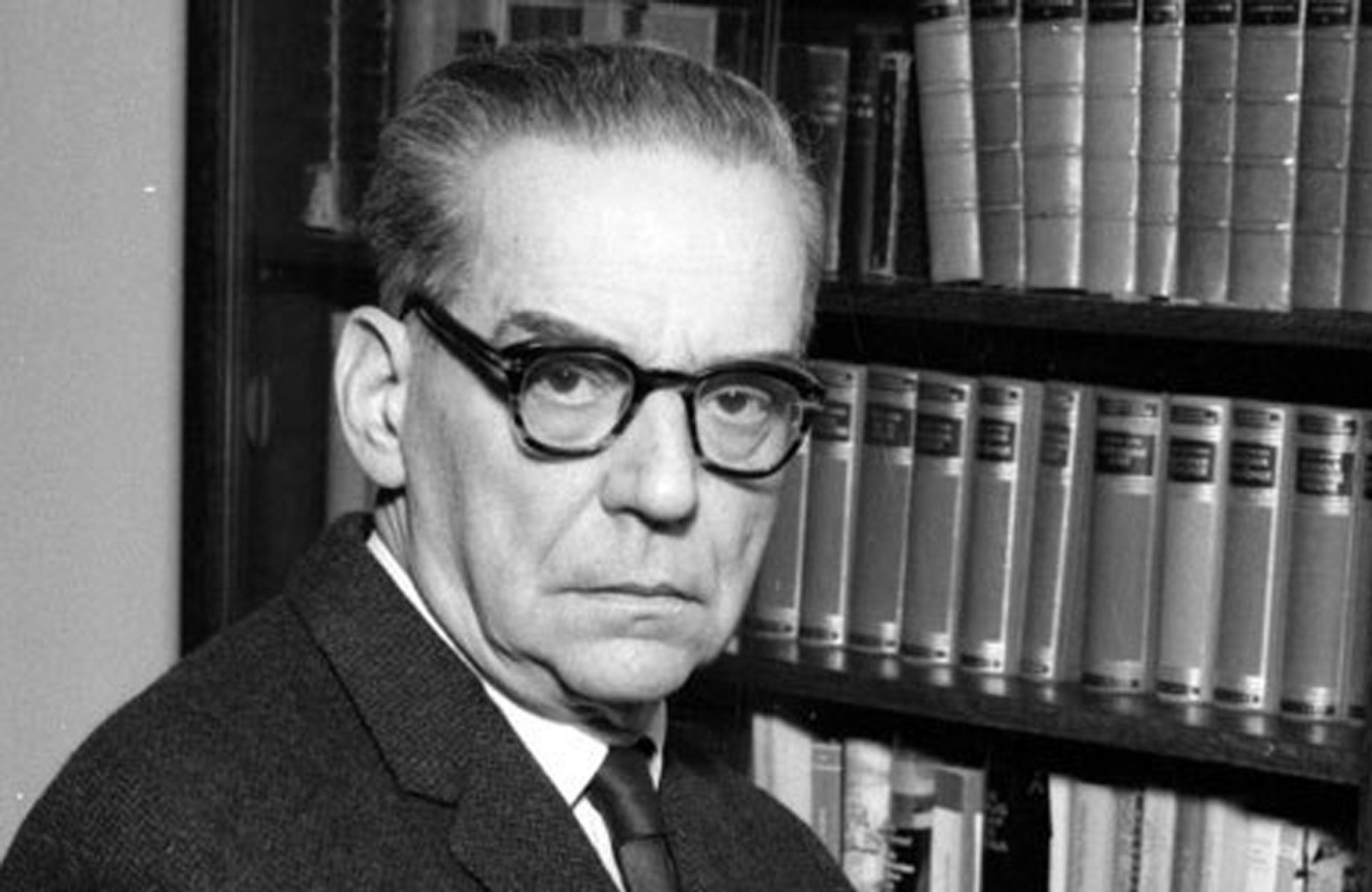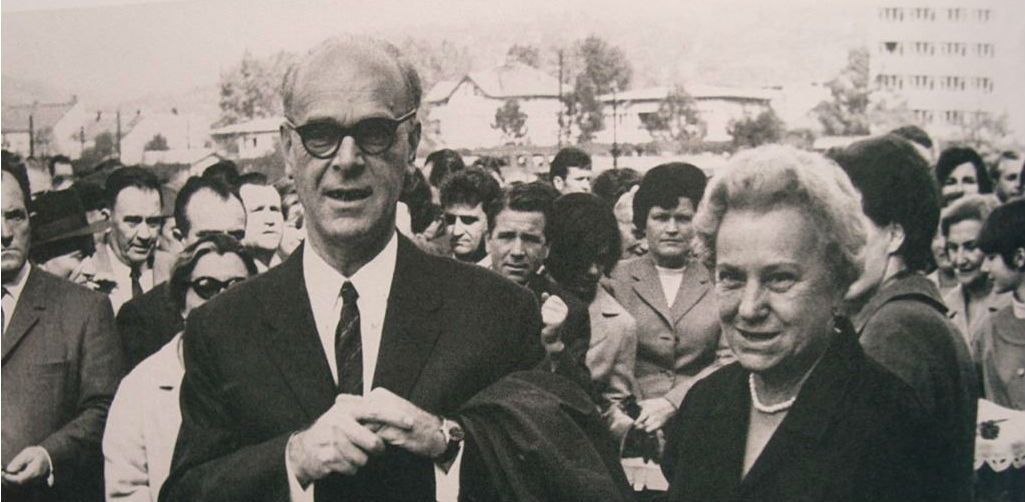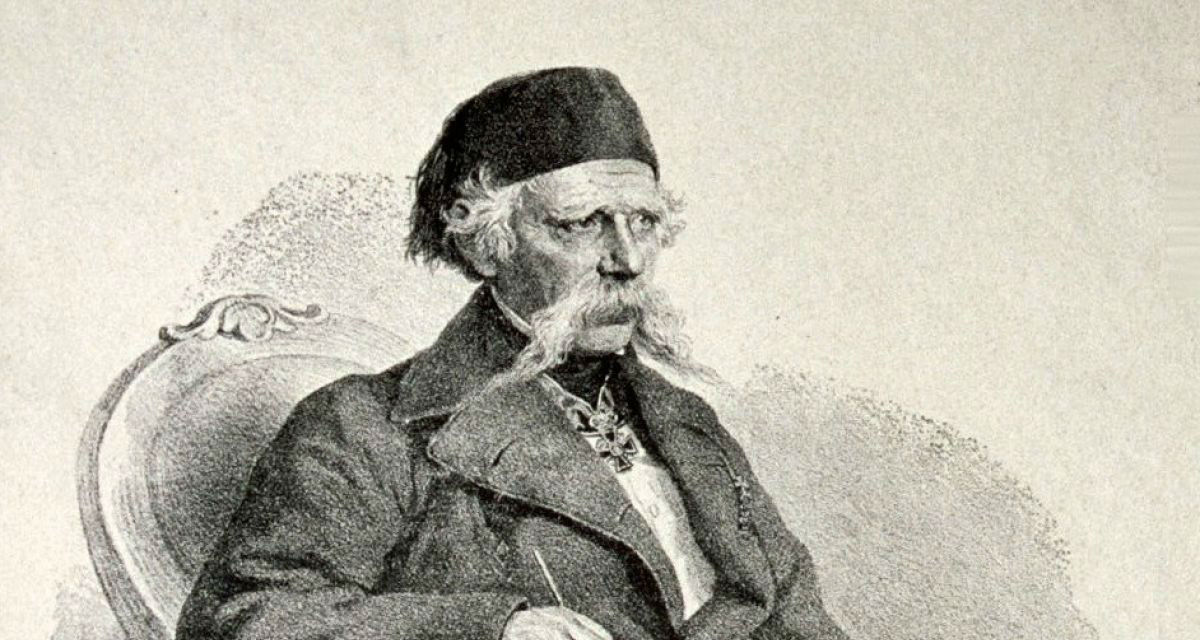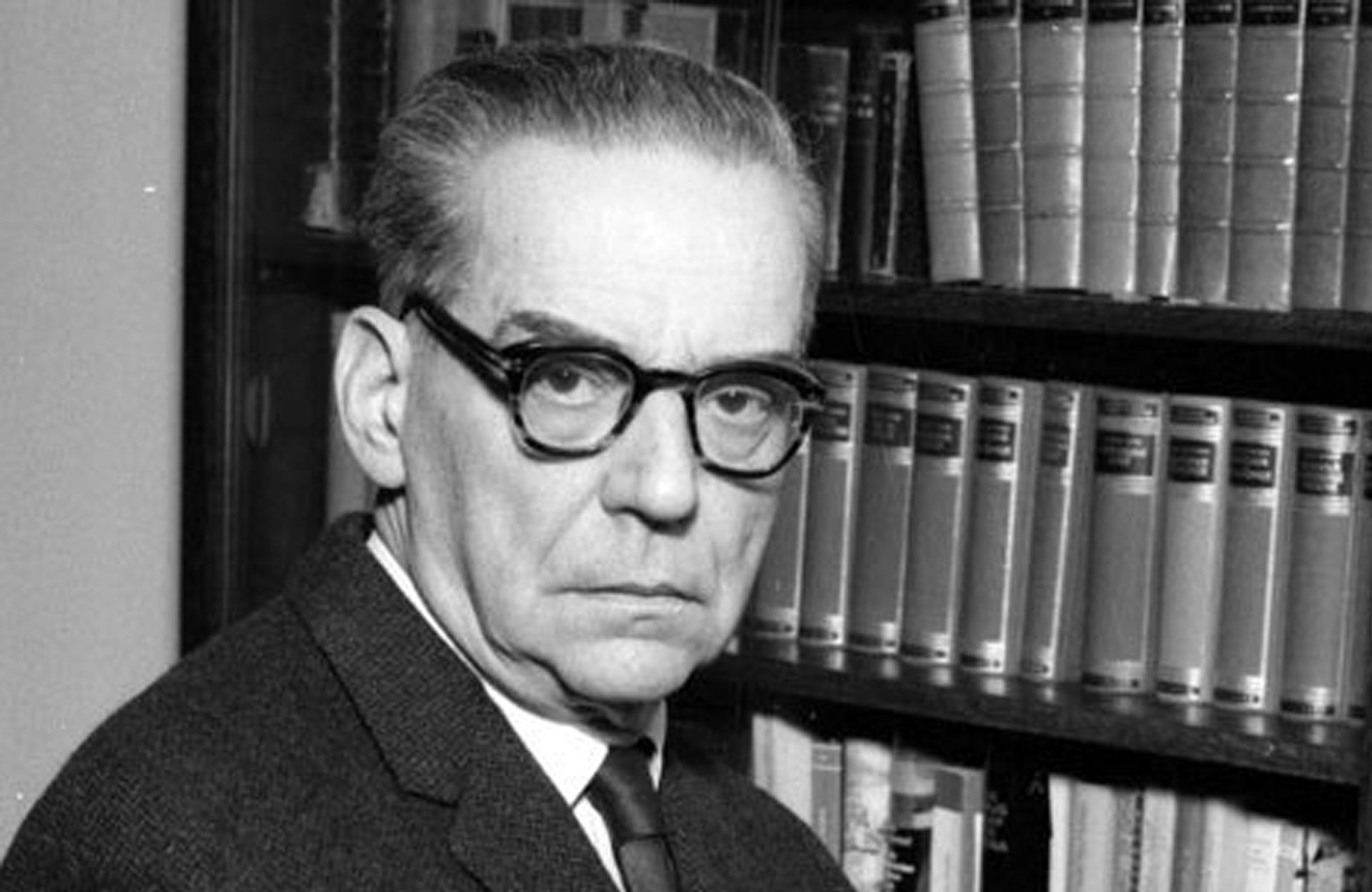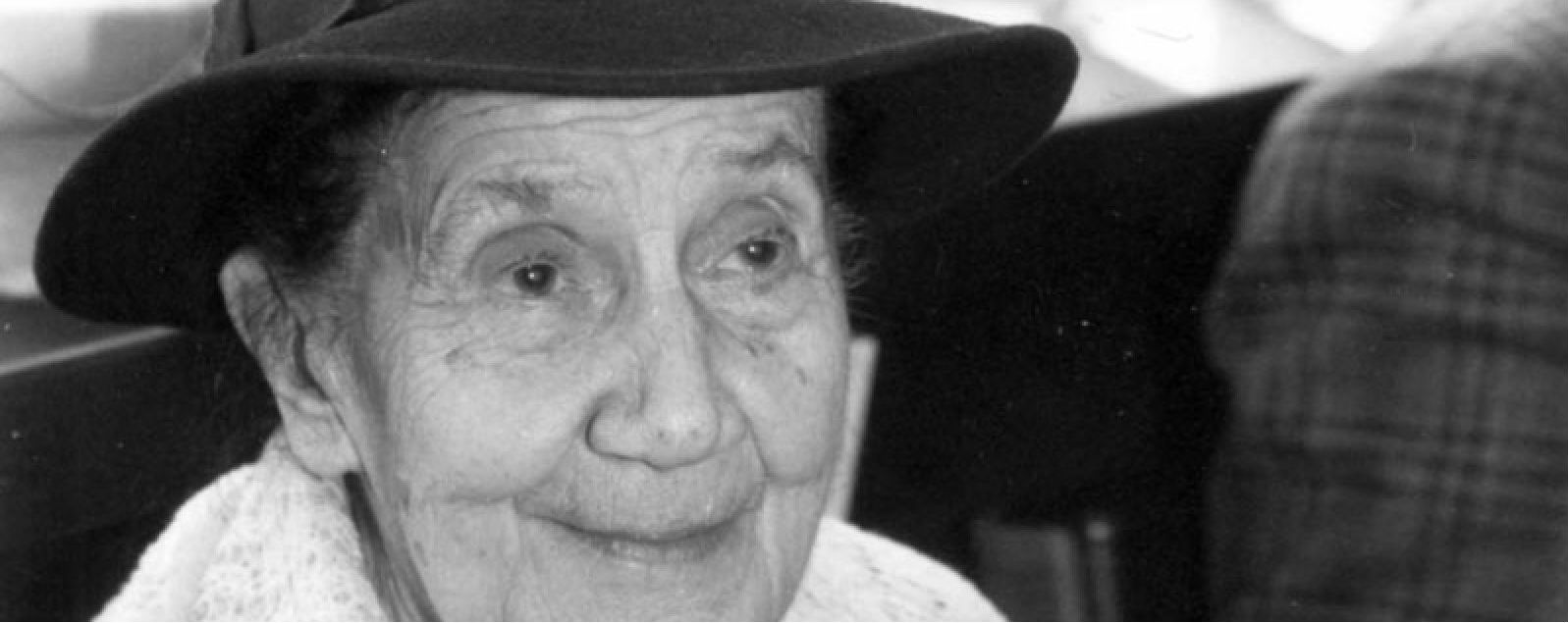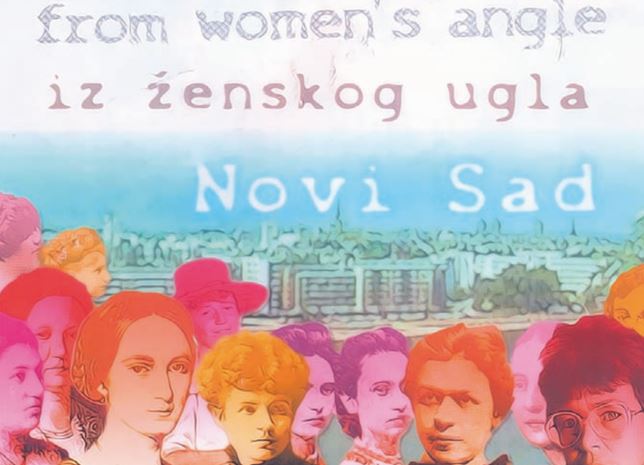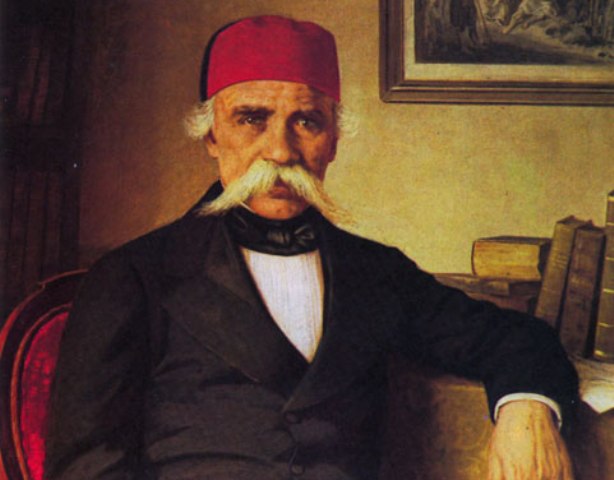A writer and the only Serbian Nobel Prize Laureate, Ivo Andrić is also remembered as a diplomat who refused the offer of the Nazi government to take refuge in Switzerland during the war in his country.
Ivo Andrić – the only local Nobel Prize winning author, but also a man whose nationality is a matter of dispute among three countries. He was a world renowned writer and the best connoisseur of the Balkans and the character of the local people.
As a diplomat he was the representative of the Kingdom of Yugoslavia in Germany at the beginning of the World War II, and he presented the credentials to the then Chancellor of the Third Reich, Adolf Hitler.
He refused the suggestion of the Nazi government to leave for Switzerland, instead he returned to his homeland where the War had just begun.
He considered himself a Serb and said he had spent a lifetime “trying to understand the mentality of a country where all the problems are unfixable, but everything will be fine in the end.” Ivo Andrić thought this is exactly where our hope rested.
Just before World War I he had spent several years in jail. He was said to be a quiet and reserved man, and his writing was described as understandable and vivid, while his characters, no matter how interlaced by space, were striving towards general truths of life, universal and recognizable by everyone.
In the apartment in the centre of Belgrade where Ivo Andrić lived, the time stopped sometime during the seventies of the last century after the author had left that place for the last time.
Today this is a museum where his personal belongings, diplomatic passports, notes and manuscripts are displayed, as well as the praised and celebrated Nobel Prize for literature. Ivo Andrić has always been a generous man, so his money was spent a long time ago – it was donated to the libraries throughout Bosnia and Herzegovina, where he was born.
In the eyes of his contemporaries, a modest and intelligent man, an erudite, Andrić believed in the idea of the unification of all South Slavic nations in one unique country. He lived to see the best of the country and was its diplomatic representative around the world.
When in 1941 World War II reached the borders of the Kingdom of Yugoslavia, Ivo Andrić, already a renowned writer and diplomat, was the country’s ambassador in Berlin. When he was about to leave the city, the Nazi government offered him a safe passage to the neutral Switzerland. Andrić refused and returned to Belgrade.
During the next five years he lived a quiet life as a subtenant. Having isolated himself from the horrors of the world, and avoiding taking sides, Andrić refused to publish anything during this period. In those times Ivo Andrić wrote his most important novels. They were published just after the war – “Bosnian Chronicle”, “The Bridge on the Drina” and “The Woman from Sarajevo”.
“For the epic strength” with which he “shaped the motifs and fates from the history of his country”, Ivo Andrić received the Nobel Prize for Literature in 1961. His heritage is still a matter of dispute among three countries created after the separation of his beloved Yugoslavia.
Ivo Andrić was born in Bosnia that was his great love and endless inspiration his whole life. He originated from a Croatian family, but declared himself a Serb. He spent most of his life in Belgrade and wrote his works in Cyrillic script. He wrote that “sometimes there comes a time when mind goes quiet, fools speak loud and the scum enriches”.
The idea in which Ivo Andrić believed strongly didn’t survive till this day. All the rest probably wouldn’t matter to him anyway.

